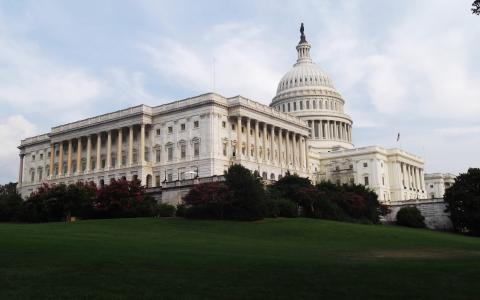
During a contentious congressional hearing, the interim head of the Labor Department, Julie Su, defended new regulations affecting retirement advice and independent contractor classifications. These rules, she argued, are crucial for safeguarding investors and workers.
In her appearance before the House Committee on Education and the Workforce, Su received mixed reactions. Democrats on the panel supported her, while Republicans scrutinized the Department's policies and Su's qualifications, given her current unconfirmed status as Secretary.
The new retirement rule extends fiduciary duties to a broader range of financial professionals advising on retirement savings and plans. Critics, like Committee Chairwoman Virginia Foxx (R., N.C.), argue that this rule could restrict individuals' investment choices for their financial futures. The rule is meant to ensure that financial advice aligns with the best interests of the investors, not the financial gains of the advisors.
Additionally, the Department has introduced a rule to correct misclassifications of workers as independent contractors instead of employees, who are entitled to minimum wage, overtime pay, and other protections. This rule has faced opposition from various industry sectors, including a prominent group representing independent broker-dealers who favor the flexibility of a 1099 employment model over traditional W-2 arrangements.
Throughout the hearing, Su emphasized the importance of these rules in protecting the long-term financial security and rights of workers. She noted studies showing the detrimental effects of conflicted financial advice on workers' savings, underscoring the need for stringent fiduciary standards.
Several Republicans challenged the necessity and potential consequences of the independent contractor rule, suggesting it might unnecessarily restrict freelance work arrangements. Despite these objections, Su reiterated the prevalence of worker misclassification and its impact on labor rights.
The hearing also delved into legal concerns about the enforceability of these new regulations, given past legal challenges to similar rules. Su expressed confidence in the legal foundation and adaptability of the current rules, highlighting modifications intended to withstand judicial scrutiny. She pointed out that the revised fiduciary definition and criteria aim to better capture the essence of the advisory relationship, ensuring that advisors act primarily in their clients' best interests.
This legislative session highlighted the deep divisions over labor and investment regulations, reflecting broader national debates about the balance between regulatory oversight and market freedom. Su’s steadfast defense of the Department's agenda, despite intense questioning and political pressure, underscored her commitment to worker and investor protection as the Department seeks to adapt and enforce these comprehensive rules.



